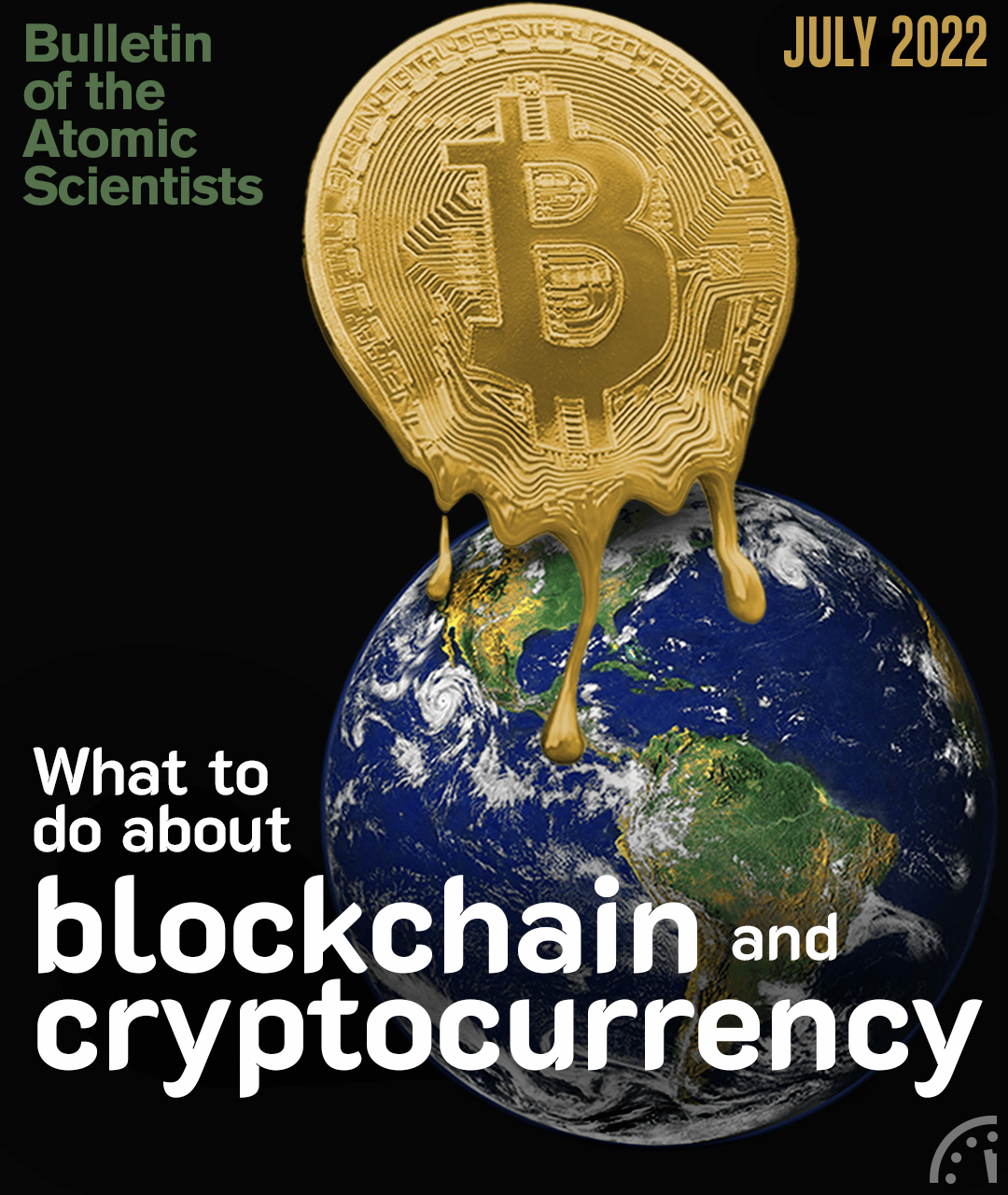Cbinsights.com. 2022. “State Of Blockchain 2021 Report.” February 1. https://www.cbinsights.com/research/report/blockchain-trends-2021
e-Estonia. 2020a. “Frequently Asked Questions. Estonian Blockchain Technology.” March. https://e-estonia.com/wp-content/uploads/2020mar-nochanges-faq-a4-v03-blockchain-1-1.pdf
e-Estonia. 2020b. “Frequently Asked Questions. KSI®Blockchain in Estonia.” March. https://e-estonia.com/wpcontent/uploads/2020mar-faq-ksi-blockchain-1-1.pdf
Forkdrop.io. “How Many Bitcoin Forks Are There? Bitcoin Fork Coin Count.” https://forkdrop.io/how-many-bitcoin-forks-are-there
Frazar, S. L., K. D. Jarman, C. A. Joslyn, S. J. Kreyling, A. M. Sayre, M. J. Schanfein, C. L. West, and S. T. Winters. 2017. “Exploratory Study on Potential Safeguards Applications for Shared Ledger Technology.” United States. https://www.osti.gov/servlets/purl/1413394
Frazar, S. L., C. A. Joslyn, R. Goychayev, and A. Randall. 2019. “Transit Matching Blockchain Prototype.” Report No. PNNL-29527. Richland, WA: Pacific Northwest National Laboratory.
Frazar, S. L., C. Vestergaard, B. Loehrke, and L. Kenausis. 2020. “Evaluating Member State Acceptance of Blockchain for Nuclear Safeguards.” Muscatine, IA: Stanley Center for Peace and Security. https://www.stimson.org/wp-content/files/file-attachments/NWRRQ7EvaluatingBlkChainAcceptance12-20-20-1.pdf
Guardtime. 2021. “Estonia, Hungary, and Iceland, Together with AstraZeneca Estonia are Participating in a Pilot of Guardtime’s VaccineGuard.” The Guardtime Blog and News, January 18. https://guardtime.com/blog/estonia-hungary-and-iceland-together-with-astrazeneca-estonia-are-participating-in-a-pilot-of-guardtime-s-vaccineguard
Hsu, S., and G. Green. 2021. “Blockchain in China: International Vision and Local Initiatives.” Stimson Center, August 16. https://www.stimson.org/2021/blockchain-in-china
International Atomic Energy Agency. 2021. “Computer Security for Nuclear Security.” IAEA Nuclear Security Series No. 42-G. Implementing Guide. International Atomic Energy Agency Vienna International Centre. https://www-pub.iaea.org/MTCD/Publications/PDF/PUB1918_web.pdf
Maersk.com. “About TradeLens.” https://www.maersk.com/apa-tradelens
Tucci, K. 2021. “Unify and Conquer: How Distributed Ledger Technology Can Further the Goals of the International Atomic Energy Agency’s 2022-2025 Nuclear Security Plan.”
Vestergaard, C. 2018, November. Better than a Floppy: The Potential of Distributed Ledger Technology for Nuclear Safeguards Information Management. Stanley Center for Peace and Security. https://stanleycenter.org/publications/better-than-a-floppy-the-potential-of-distributed-ledgertechnology-for-nuclear-safeguards-informationmanagement
Vestergaard, C., E. Obbard, E. Yu, G. D. Putra, and G. Green. 2020. SLAFKA: Demonstrating the Potential of Distributed Ledger Technology for Nuclear Safeguards Information Management. Washington, DC: Stimson Center. https://www.stimson.org/2020/slafka
Vestergaard, C., and M. L. Umayam. 2020. Complementing the Padlock: The Prospect of Blockchain for Strengthening Nuclear Security. Stimson Center. https://stimson.org/wpcontent/uploads/2020/06/Blockchain-2020-1093-DLTNuclear-Sec-CV-LU.pdf
Vitasek, K., J. Bayliss, L. Owen, and N. Srivastava. 2022. “How Walmart Canada Uses Blockchain to Solve Supply-Chain Challenges.” Harvard Business Review, January 5. https://hbr.org/2022/01/how-walmart-canada-uses-blockchain-to-solve-supply-chain-challenges
The White House. 2022. “Executive Order on Ensuring Responsible Development of Digital Assets.” Presidential Action, March 9. https://www.whitehouse.gov/briefingroom/presidential-actions/2022/03/09/executive-order-on-ensuring-responsible-development-of-digital-assets






















